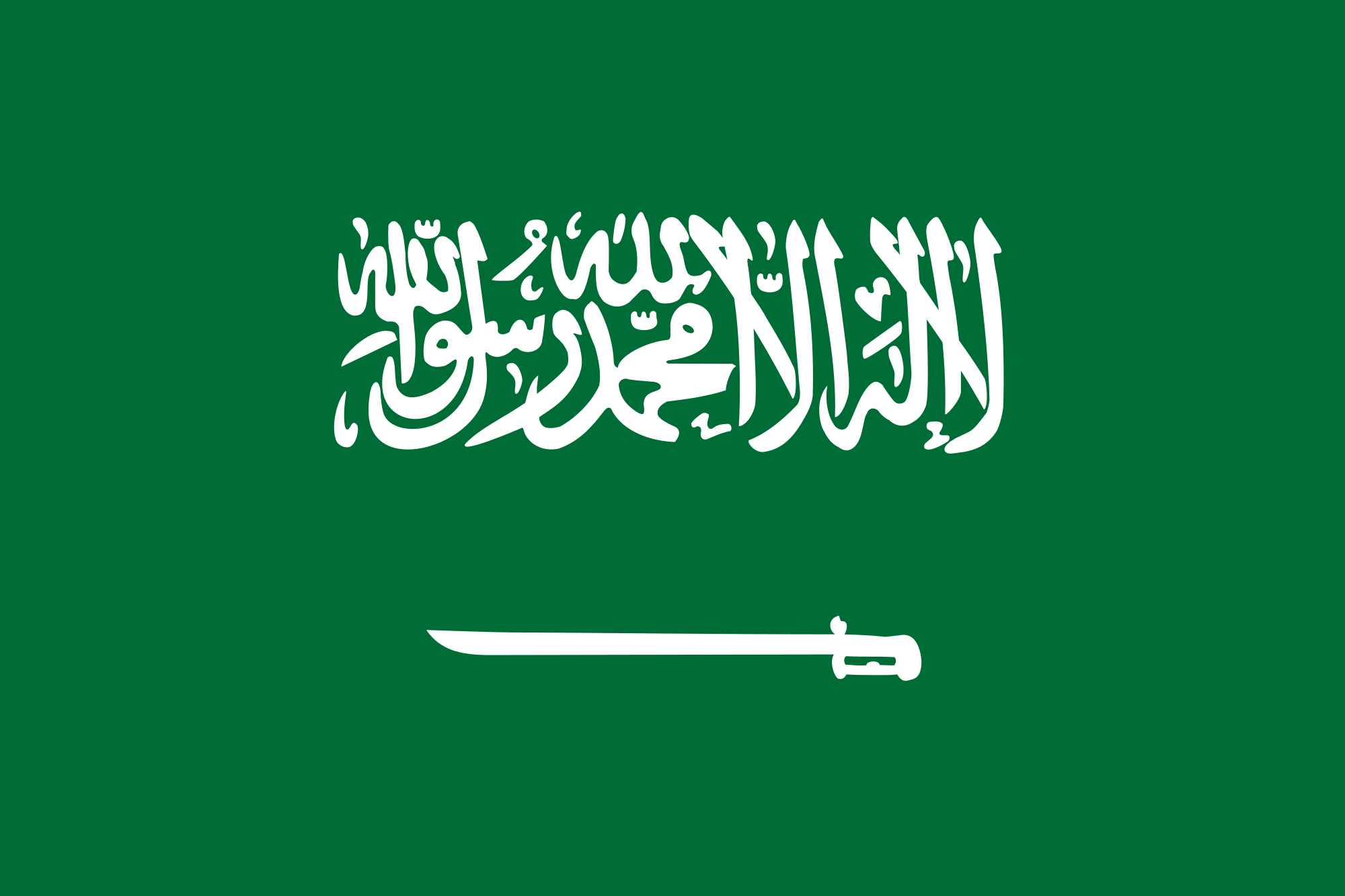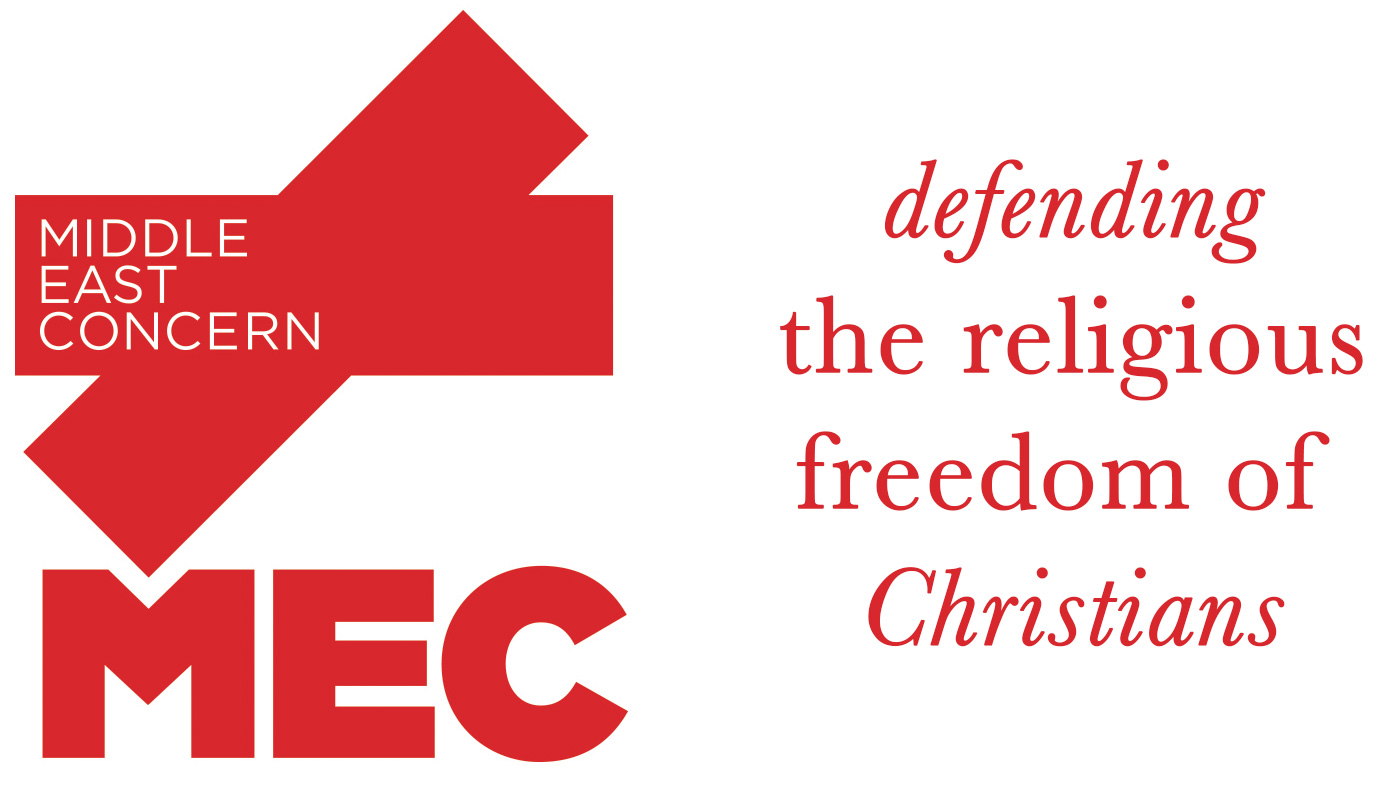
Saudi Arabia’s population is estimated to be around 33.5 million, of whom around 65% are citizens and the remainder expatriates. Saudi citizens are all considered to be Muslims, with around 85-90% Sunni and 10-15% Shi’a. There is no data showing the religious affiliation of migrants in Saudi Arabia, though there are known to be significant numbers of Christians.
The Basic System of the Consultative Council enshrines Islam as the State Religion and Shari’a as the basis for legislation. The Qur’an and Sunna (Traditions) are declared to be the constitution of Saudi Arabia. Only the officially recognised Wahhabi Islam is permitted to be practised publicly, with other faiths restricted to private practice (Shi’a mosques are permitted but in practice are greatly restricted). All Saudi citizens are declared by the State to be Muslims. The death penalty for apostasy from Islam and for blasphemy is in force, though there have been no known examples of judicial executions for these ‘crimes’ in recent years. Among expatriate communities, non-Islamic worship conducted privately within homes or diplomatic missions is largely tolerated. However, there remains a lack of clarity regarding private non-Islamic religious practice because the law is not formally codified and so is open to interpretation.
Saudi Arabia is not a state party to the International Covenant on Civil and Political Rights (ICCPR). In reports to the UN Human Rights Council, the Government of Saudi Arabia has emphasised its commitment to permitting non-Muslims within the Kingdom to engage in non-Islamic worship in private places.
In October 2017, Crown Prince Mohammed Bin Salman announced that Saudi Arabia would follow a ‘more moderate’ Islam that is open to other religions. He has subsequently met with leaders or representatives of Maronite, Coptic Orthodox, Roman Catholic and Anglican churches, and with a delegation of US Evangelical leaders. However, calls for expatriate Christians to be permitted to worship in public have not yet been accepted by the Saudi authorities. Expatriate Christians are largely able to worship without interference provided they adhere to the strict rules only permitting non-Muslim worship in private. In recent years a small number of private Christian gatherings have been raided by the religious police or the regular police, though the incidence of such raids has decreased since 2016 when the powers of the religious police were curtailed. In most cases, stated reasons for such raids have been non-religious (for example, ‘mixing of the genders’ which is forbidden outside family groups, immigration infringements or illicit activities), even if the circumstances and lines of questioning suggest that a raid was primarily religiously motivated, and ‘offenders’ have typically faced imprisonment followed by deportation. Saudi nationals or other Muslims who choose to leave Islam face severe sanctions under Islamic law, including imprisonment and, in theory, the death penalty. Those considered apostates are likely to face strong family and societal pressure, including violent responses from family members which in extreme cases has culminated in the extra-judicial killing of apostates.
